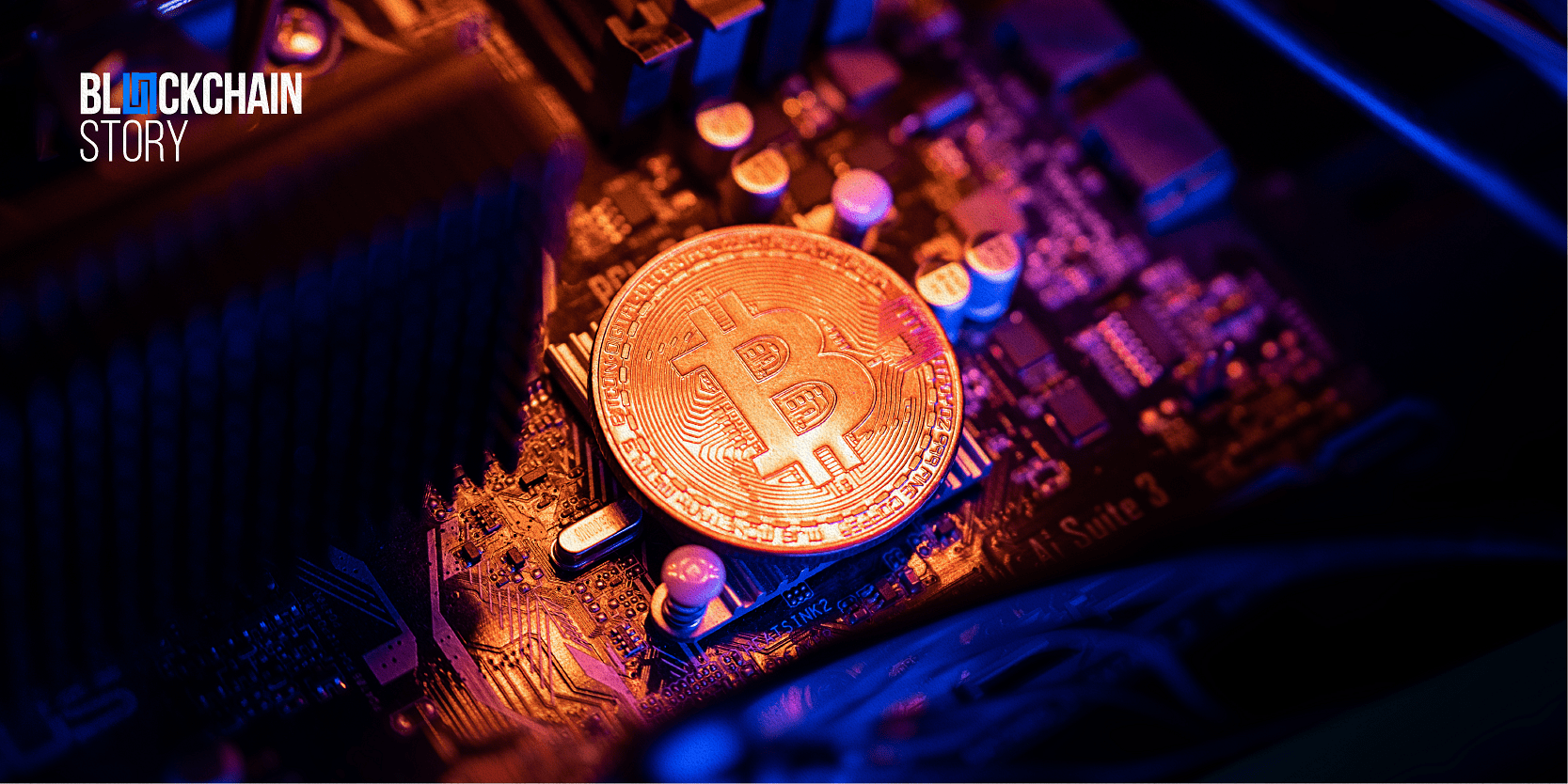India is thinking big and dreams of becoming a $5 trillion economy soon. Its success in the last three decades has been partly a result of ITeS-based solutions. Blockchain is one of those solutions that can help reach our goal by eliminating operational efficiency issues.
A pro Blockchain policy can have a major impact on improving our financial infrastructure, safeguarding the country’s security, deterring financial scams, strengthening monetary policy, attracting international investment, and creating more jobs and thereby driving the nation towards becoming an inclusive powerhouse.
Blockchains can be broadly characterised as a revolutionary technology that introduces distributed verifiability, auditability, and consensus to networks, thereby creating “trust.”
It is considered to be vital for accomplishing the Prime Minister Narendra Modi’s objective of lesser government and higher governance. According to a forecast, blockchain can potentially generate $3 trillion in financial value every year by 2034.
Global GDP will be saved on the blockchain by 2025, according to the World Economic Forum (WEF). Blockchain is one of seven technologies that will revolutionise multiple aspects of our lives by 2025, WEF says.
And, cryptocurrencies are a prominent application of blockchain technology. The Indian government is believed to be proposing a rule that would recognise cryptocurrency as an independent asset category rather than a currency.
Despite the fact that El Salvador is the first government in the world to legally adopt cryptocurrency and recognise Bitcoin as legal tender. This means that Bitcoin can be used as a medium of exchange or as a payment mechanism for products or services across the lengths of the country, and consumers are legally required to accept it.
El Salvador’s president, Nayib Bukele, posted a tweet that Bitcoin will be used for remittance transactions and will significantly reduce operational costs. It will also assist migrants who do not have a bank account in the nation where they work, and their respective families will be among the 1.7 billion unbanked individuals globally.
Additionally, some international migrants may need to send money to countries that are either not part of the international payment system or have restrictions on receiving cross-border transfers, such as Syria or Cuba.
Furthermore, when it comes to the potential of blockchain in the Indian economy, it has the prospects to be a transformative technology across each sector.
Banking and financial services
Indian banks have been widely recognised to undertake blockchain pilots, and the Reserve Bank of India (RBI) has stated its aim to create its own blockchain. As a result, the RBI might construct a blockchain network and integrate all Indian banks onto it.
Yes Bank’s implementation of blockchain-based commercial paper issuance, Axis Bank’s launch of a multilateral payments system powered by Ripple’s enterprise blockchain technology, and HSBC India and Reliance Industries Ltd.’s blockchain-based trade finance payment system are some of the blockchain space’s signs of growth.
Governance
Blockchain technology has the potential to assist governments in streamlining complicated conventional mechanical processes that require record keeping. For instance, registering properties and issuing associated legal documentation, birth, death certificates, and election voting processes on a Blockchain will decrease the likelihood of unauthorised modification.
Land registration, electronic health records, and digital certificates are just a few of the areas where blockchain-based solutions are being implemented by state governments, such as Andhra Pradesh and Telangana.
Education
India is plagued by exam paper leaks and forgeries of degrees. Both of these issues can be addressed through the use of blockchain technology, specifically through the use of real-time generated online assessments and the issuing or storage of degrees on a blockchain.
Employers/embassies and other authorities can cross-check bogus credentials by accessing this information via the blockchain. In partnership with the Indian School of Business (ISB) and Bitgram, NITI Aayog aimed to address challenges in educational certifications by implementing a blockchain-based solution.
SuperCert provides a permitted blockchain framework for the distribution of academic credentials, which incorporates decentralisation, adaptive identity encryption, and identity integration.
Healthcare
The counterfeit narcotics problem is a worldwide challenge, with every nation constantly battling it. With the looming threat of counterfeit drugs finding their way into the distribution network, and particularly into the customer’s hands.
Even though the National Informatics Centre formulated and built a new system called Drug Authentication and Verification Application (DAVA) for drug real-time monitoring and traceability premised on the GS1 standards, it does not ensure that every transaction is noticeable to every stakeholder.
Additionally, it is incapable of tracking the items along with the supply network and ensuring compliance with thermal regulations. These goals are now attainable owing to new technologies like blockchain and the Internet Of Things (IoT).
Whether it is TRAI mandating telcos to use blockchain, Tech Mahindra establishing their own blockchain, or the Tea Board of India proposing to use blockchain in the tea trade. Fifteen million Individuals across India are anticipating a digital transformation of the economy that will not only transform our country into an Atmanirbhar Bharat but also into the much-anticipated digital India.
(Disclaimer: The views and opinions expressed in this article are those of the author and do not necessarily reflect the views of YourStory.)










